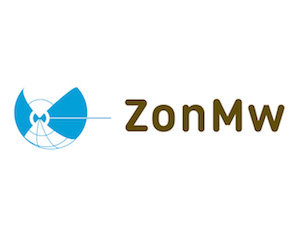
Schizophrenia is a chronic and debilitating brain disorder that affects about 1 percent of the population.
It is characterized by delusional beliefs, hallucinations, disordered speech and deficits in emotional and social behavior, and is highly familial with heritability estimates of 81%. Genome-wide association and exome sequencing studies have shown that schizophrenia is highly polygenic and influenced by thousands of common variants of small effect and likely a smaller proportion of rare variants of large effect.
Recent studies have already identified more than hundred of these genetic risk variants. In spite of these major advances, there is no cure for schizophrenia. Current treatments for schizophrenia are typically only beneficial to a subset of patients and many patients are resistant to available treatments. The lack of insight into risk factors for schizophrenia and the apparent heterogeneity in response to treatment point to the complexity of the underlying biology and underscore the need for a more sophisticated understanding of the causes of this disorder. iPSc based research paradigms that facilitate the direct comparison of cellular phenotypes in schizophrenia patients and controls are a promising tool to provide further insight into the complex biology underlying schizophrenia.
In the iPS center-schizophrenia project we collect skin biopts from 10 schizophrenic patients and 10 controls. Collected cells are reprogrammed into neurons, oligodendrocytes and astrocytes. Available functional assays are applied to these specialized cells to investigate differences in cellular function between cel lines derived from schizophrenic patients and controls.
2026 © iPS Center. All Rights Reserved. Privacy Policy | Terms of Service

